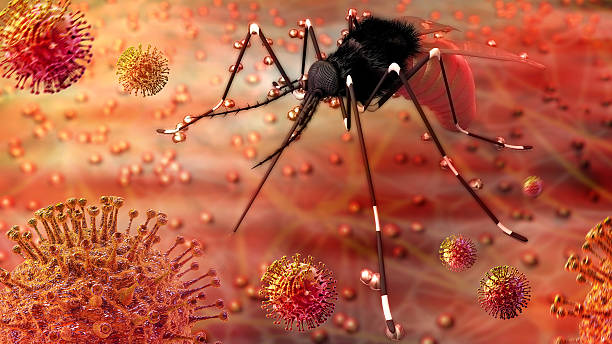By Evans Matthews
General health innovation has entered a transformative chapter with the rise of messenger RNA (mRNA) vaccines and therapeutics. Originally developed over decades but accelerated by the COVID-19 pandemic, mRNA technology has now become a cornerstone of pharmaceutical research, promising to tackle not only infectious diseases but also chronic conditions and cancers.
Unlike traditional vaccines, which often rely on weakened or inactivated viruses, mRNA vaccines work by instructing cells to produce harmless pieces of a pathogen’s protein, triggering an immune response. This approach allows for faster development, adaptability against new variants, and safer production without the need for large-scale viral cultures.
“The pandemic revealed the enormous potential of mRNA,” said Dr. Sophie Laurent of the Institut Pasteur in Paris. “What we are witnessing now is only the beginning of a medical revolution.”

Indeed, pharmaceutical companies are rapidly expanding the use of mRNA platforms. Clinical trials are underway for vaccines against HIV, malaria, and respiratory syncytial virus (RSV). Beyond infectious diseases, researchers are also exploring mRNA-based therapies for autoimmune conditions and rare genetic disorders. Cancer treatment has become a major focus as well, with personalized cancer vaccines that train the immune system to recognize tumor-specific markers showing encouraging results.
The global impact of this innovation is profound. During the pandemic, mRNA technology proved that vaccines could be designed, tested, and rolled out within months—a process that previously took years. This speed not only saved millions of lives but also demonstrated the potential for rapid responses to future pandemics.
Yet challenges remain, particularly regarding global equity. While high-income nations have benefitted from early access, many low-and-middle-income countries continue to face barriers due to cost, storage requirements, and manufacturing capacity. To address this, initiatives such as the World Health Organization’s mRNA Technology Transfer Hub in South Africa are working to build regional expertise and production capacity. “True health security must be global,” noted Dr. Peter Okoye, a public health expert in Lagos. “mRNA technology should not be a privilege but a shared tool.”
The economic implications are equally significant. The World Economic Forum estimates that mRNA therapeutics could form a multibillion-dollar industry by 2030, reshaping the pharmaceutical market. Governments and private investors are increasingly supporting research into next-generation delivery methods, such as lipid nanoparticles and thermostable formulations, to broaden accessibility and reduce logistical hurdles.
Perhaps the most important breakthrough, however, is cultural. Public perception of vaccines and biotechnology is shifting from skepticism toward acceptance, particularly among younger populations who witnessed firsthand the role of science in combating COVID-19. As trust builds so too does demand for broader applications.
From infectious disease control to oncology and rare genetic conditions, the versatility of mRNA is rewriting the playbook of modern medicine. What was once considered experimental is now becoming standard. The world is on the cusp of a new era where health innovation is faster, smarter, and more inclusive.





